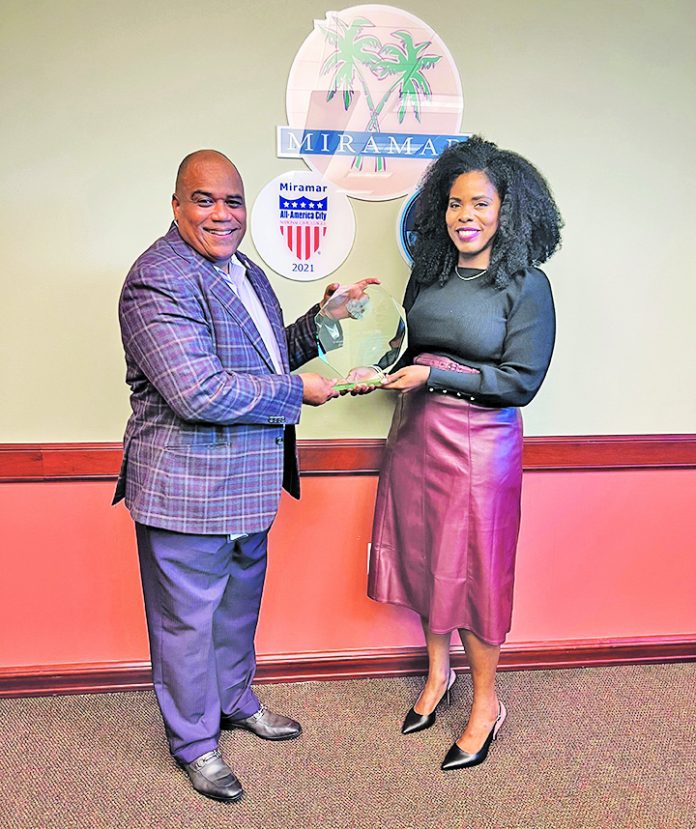|
Getting your Trinity Audio player ready...
|
According to Lusardi & Mitchel (2014), financial literacy can be viewed as an investment in human capital and can be useful in the context of decisions about pension, savings, mortgage, and other financial decisions. Achieving financial literacy education is still one of the best ways to advance your family’s financial situation and this will have positive effects on your community and the economy.
The ability to comprehend, manage, and prepare for one’s own finances is referred to as financial literacy. The goal of financial literacy education is to help people manage their personal finances in a way that will help them achieve and maintain a desired degree of well-being.
The ultimate objective of financial education is to empower and inspire individuals to alter their financial behavior, such as encouraging them to make well-informed financial decisions. In this post, I’ll give you some advice on how to manage your money better in the hopes that it will help you become a better steward of the money you’ve worked so hard to achieve.
- Create a budget (An estimate of income and expenditure for a set period).
- Understand what a NEED is (things you must purchase in order to survive).
- Understand what a WANT is (in theory they are items you don’t really need).
- Develop a spending plan (A plan of what you will be spending each month).
- Give every dollar a job.
- Pay yourself first (are you more likely to make smarter money decisions with the money that is leftover?).
- Make savings goal your #1 priority (20% savings; 30% variable expenses; 50% fixed expenses).
- Establish an emergency fund of $2,500 (money set aside to pay true emergencies).
- Pay off debt (Start with the high-interest debts).
- Don’t splurge on unnecessary expenses.
- Start investing early and invest as much as you can.
- Review spending and saving plans regularly.
- Establish good credit habits (creditworthiness affects many parts of your life).
- Improve your money mindset/I.Q.
A sensible and effective approach to money management and financial planning can help position you for a prosperous and promising future. Budgeting is only one aspect of effective money management. With this advice, you now have more knowledge about how to manage your finances.
If you begin by following even one of these suggestions, eventually all of them will become habits, which could help you position yourself for financial success at every stage of your life. Remember I believe in you!






